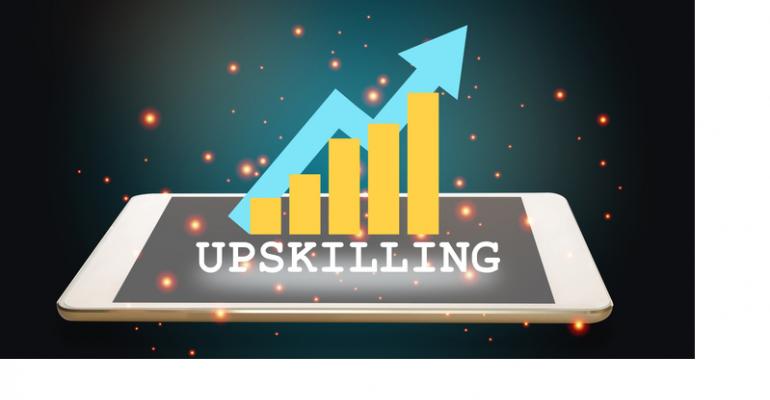As meetings departments react to the rise of virtual events, jobs are evolving. Howard Givner, founder of the Event Leadership Institute, took a look at the roles and skill sets now in demand during a virtual session at Meeting Professional International’s Global Meeting Industry Day program on April 8.
While most pre-pandemic events were in person and most are now virtual, “we are quickly heading into a time when diversified or omni-channel” events are dominant, Givner said. “Perhaps most importantly, we're going from a period where people could basically take a binder off of the shelf from last year's event, change the dates, change the locations, and run the same play. There's no roadmap right now.”
The landscape has shifted dramatically, he said, and a meeting professional’s attitude toward those changes is an important determinant of success in the past year and going forward. “We’ve heard this over and over again: You have to be agile. You have to be flexible. You have to be willing to adapt to what's going on. The people who leaned in early and embraced what we were dealing with and focused on how to react, rather than wishing for things to go back to the way they were, have done the best.”
Givner’s research into the current state of meetings departments found some new roles emerging. “This is going to vary from organization to organization, but we're seeing things fall into three distinct buckets,” which track to executive, manager, and director/coordinator levels, respectively:
The business leader: This person manages an event team and the overall events portfolio. Business leaders work with stakeholders to identify and clarify the goals of the meeting, as well as key metrics that will define success, and then determine what type of event to design to achieve those goals.
Business leaders should also be able to determine which events no longer serve the purpose they were created to serve, as well as determine what new events need to be created to serve those needs—and what form they should take. They should be able to talk about budget, and customer valuation as a percentage of that budget, in the same way as their meeting stakeholders do, in order to determine a meaningful return on investment.
The omni-channel event designer: The designer manages the event team for a specific event. They understand how to achieve an event’s goals whatever the format—in-person, digital, hybrid, or even a podcast. “The idea is that you want to be able to reach your constituents in the manner that makes sense to deliver your message in a way they are comfortable with and will be able to digest,” Givner said.
The technical event producer: The producer manages all aspects of digital events. These people understand the different virtual-event tech platforms and how they correspond to the capabilities you need for your event, Givner said. They also need to be able to put together a run of show and execute it from start to finish, as well as manage tech vendors and coach speakers on how to best connect with remote audiences.
Whatever the role, this period of change is an opportunity for meetings professionals to show their value, says Givner. “These are the times when a professional needs to be involved [in planning and executing events.] So, the more flux and uncertainty there is, the more valuable you are—if you stay on top of it.”





